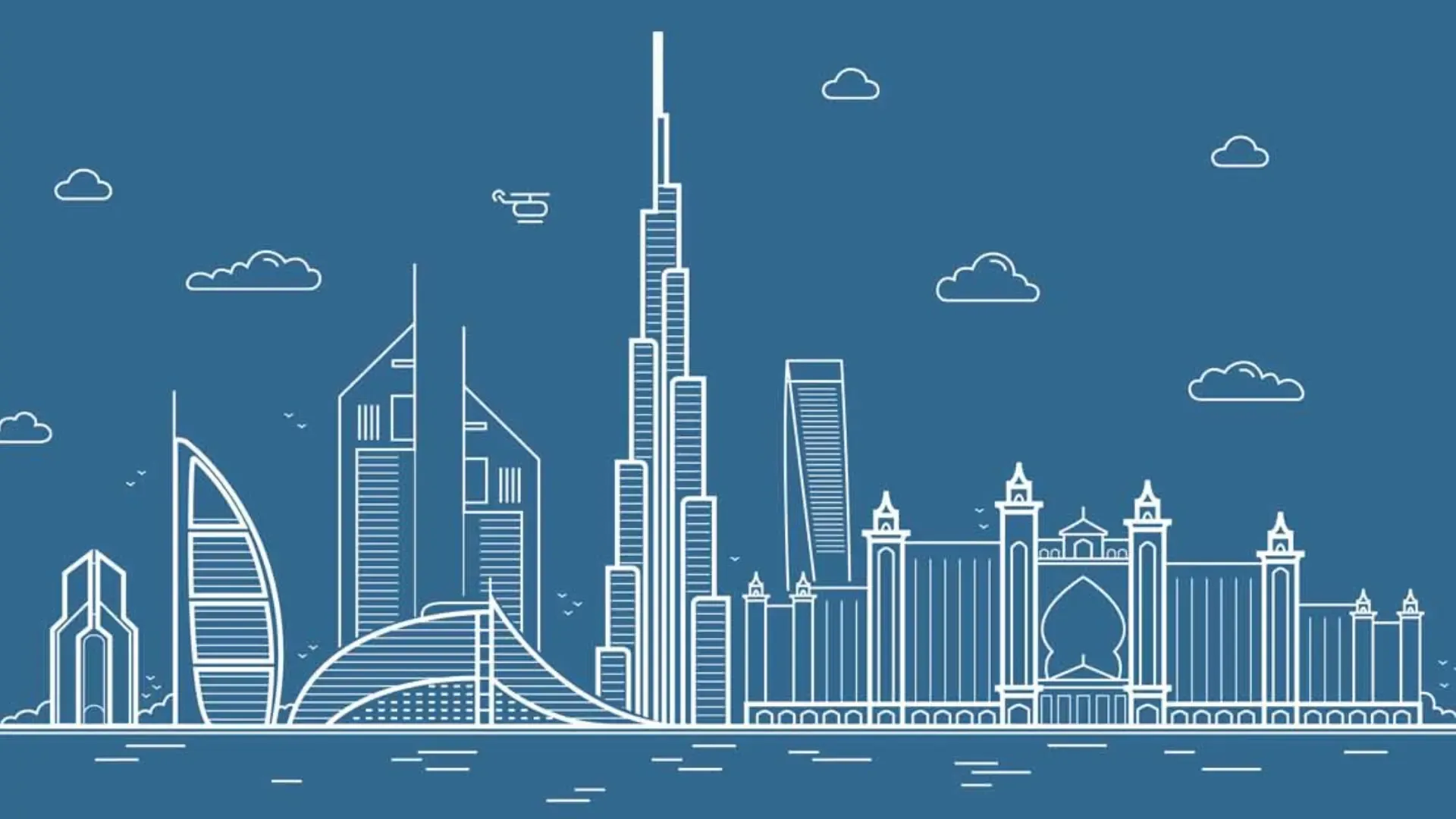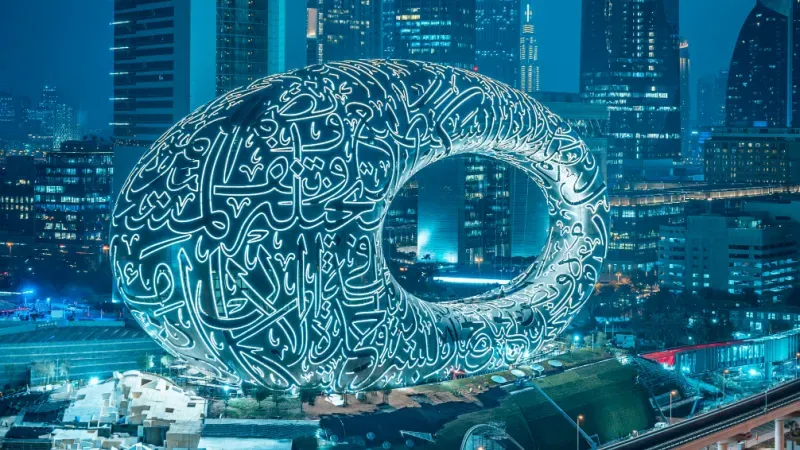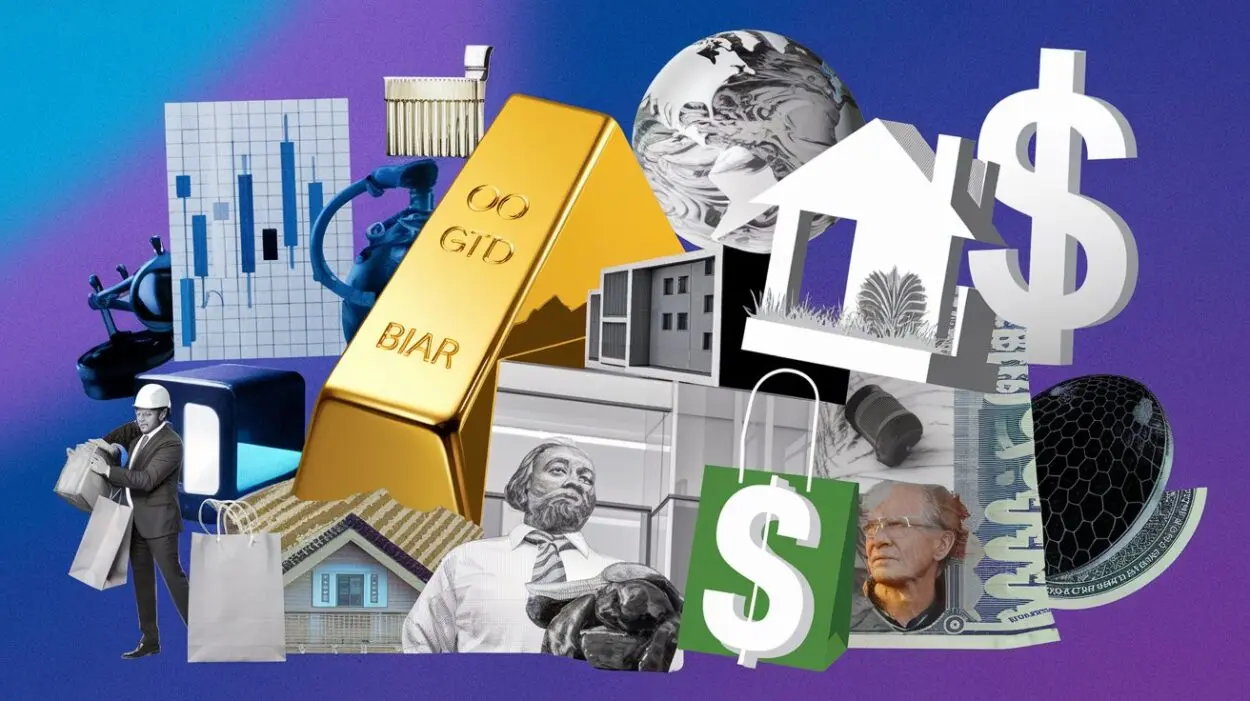Futurology Of Dubai, The Architect of Tomorrow's Economy
Dubai is currently navigating a profound structural economic transformation, moving decisively away from its reliance on hydrocarbon revenues towards a modern, diversified, knowledge-based model.
The Structural Shift: From Oil Wealth to Economic Diversity
Dubai is currently navigating a profound structural economic transformation, moving decisively away from its reliance on hydrocarbon revenues towards a modern, diversified, knowledge-based model. This monumental shift is guided by forward-looking policies such as the ambitious Dubai Vision 2030 and Smart Dubai 2025. The city aims to establish itself as a prominent global center for the digital economy.
The success of this transition is underscored by remarkable metrics: the share of oil in Dubai’s Gross Domestic Product (GDP) has plummeted to less than 1%, making it the most prominent example of economic diversification in the Arab world. Furthermore, the economy has demonstrated significant resilience, achieving a robust 7.9% GDP growth in 2022, which surpassed both the regional and global averages for that year, signaling a successful move from recession to structural development after the COVID-19 crisis.
Powering Growth: AI, FinTech, and the Technology Boom
The digital economy is the central pillar of Dubai’s future growth strategy. Artificial Intelligence (AI) and the digital sector are expected to add significant structural value to the economy, with PwC estimating AI could contribute 13.6% to the UAE's GDP by 2030, with Dubai claiming a large portion of that share. The city is actively developing its innovative ecosystem, exemplified by a 19% annual growth in AI within the Dubai International Financial Centre (DIFC) between 2022 and 2024.
Key economic sectors today are financial services, logistics, and tourism, which together constitute over two-thirds of the economy and hold the highest potential for productivity growth. However, the technology and innovation sector is the fastest growing, achieving an annual growth rate of over 14% from 2020 to 2025. This growth is projected to continue, with the technology sector’s share of the economy expected to increase to between 15% and 18% by 2030, supported by programs like DIFC 3.0 and international collaborations in FinTech.

Financial Fortress: New Tax Pillars and Economic Resilience
Dubai has built remarkable financial resilience, distinguishing itself from many regional economies by maintaining economic stability and controlling inflation, even in the aftermath of the COVID-19 pandemic. A cornerstone of this stability is the successful diversification of government revenue away from volatile, non-recurring sources like oil and customs duties, through the introduction of new tax pillars.
The implementation of the Value Added Tax (VAT) at a 5% rate since 2018, and the introduction of a 9% Corporate Income Tax (CIT) in June 2023, have created crucial new streams of sustainable income. These two taxes now provide the government with a flexible budgetary mix and are predicted to yield billions of dirhams annually, making the budget balanced and less vulnerable to external pressures like falling oil prices or geopolitical crises.
The Human Capital Advantage: Elite Migration and Productivity
In the absence of vast underground resources, Dubai's success is fundamentally built upon labor productivity, skilled human capital, and the free flow of services. The city's focus on digital transformation, the migration of skilled labor, and job restructuring has resulted in a significant upward trend in productivity. World Bank data confirms that productivity in the financial and technology sectors has increased due to targeted investment in automation and smart business platforms.
Policies like the Golden Visa program have played a crucial role in attracting and retaining this critical human capital. Between 2021 and 2024, over 150,000 foreign specialists benefited from this policy, which has directly led to productivity growth and completed the city's innovation ecosystem. Sustainable productivity growth is considered a key factor in maintaining Dubai's competitive edge against rivals like Singapore and Riyadh.
Global Gateway: Diversifying Trade and Logistics
As the historic gateway connecting the East and West, Dubai's pivotal role in global trade remains a core economic strength. Despite global pressures, the city has successfully maintained competitive trade levels by proactively diversifying its trading partners and developing strategic logistical routes.
Key to this success is the focus on non-oil exports and the development of projects like the Dubai Silk Road. The city has engaged in strategic agreements with partners such as Israel and India, which helped drive a significant 18.3% increase in non-oil exports in 2022. These diversification efforts in both partners and routes allow Dubai to effectively mitigate risks associated with global supply chain disruptions and volatile external markets.





